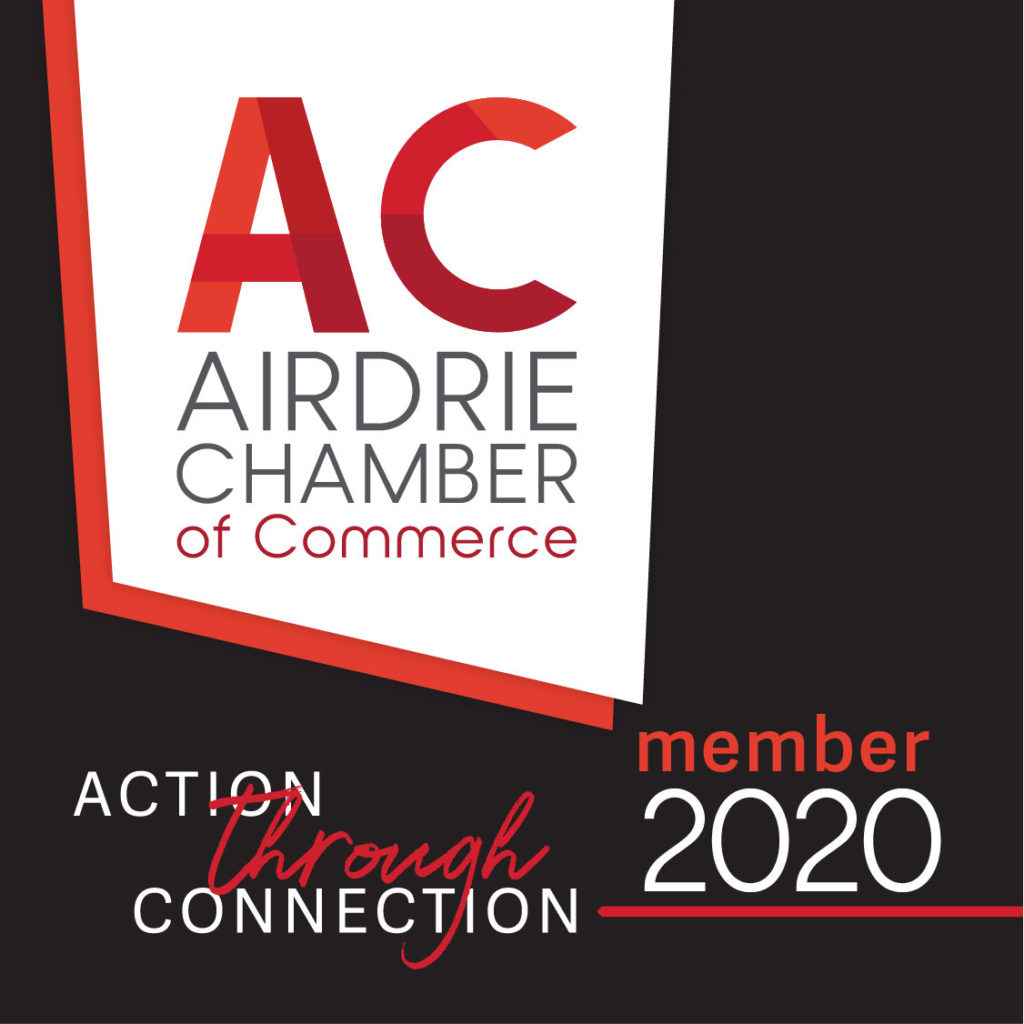Did you know your website’s hosting performance affects your SEO? Popular DIY website builders like Wix, Weebly, or GoDaddy offer simplicity, affordability, and convenience. But they have serious limitations, even when you hire a professional web designer and SEO.
DIY website builders appeal to technically challenged people on a tight budget. Even the least experienced entrepreneur can get their new business website up within a couple of hours.
But building your site is only the beginning. Without SEO and marketing expertise, the most beautiful website in the world won’t get many visitors (which means it won’t generate any sales).
SEO Limitations of DIY Website Hosting
At Code Web, we regularly encounter clients who opted for a free or affordable DIY website platform to save money. They spend lots of time trying to create a website they can be proud of using the handy drag-and-drop builder and pre-designed templates.
But they’re disappointed. Either they can’t figure out how to get their website to look or act exactly the way they want it to, or they don’t get the traffic they think their site deserves.
When this happens, these clients come to us for our website design services. They expect we can fix their design and improve their site for search engines, thinking they will get visitors who will eventually become customers.
The problem is that the limitations of these DIY websites make our jobs nearly impossible. Your website’s web hosting environment affects SEO efforts because it must allow for specific functionalities necessary for successful search engine optimization.
Choose your website hosting provider carefully. There are many factors to consider, so let’s look at a few of them in detail.
SEO Requires Customization
Good SEO involves a combination of SEO content (the actual words on the page, graphics, format, etc.) and technical strategy. All of this requires customization capabilities. You need access to your website code.
Many DIY website hosts (like Wix) don’t give you access to your site code and prohibit you from customizing much more than a few design features.
Robots.txt & XML sitemaps
Robots.txt and XML sitemaps are tools used to direct web bots (like search engines) through your website. Some website hosts generate these files automatically but don’t allow you to edit them. For proper SEO, you need full access to your robots.txt file and your XML sitemap.
Canonicalization
Search engines are getting smarter all the time. They look for quality content, not just quantity. They want unique, valuable content. If a search engine thinks you have duplicate content, it will penalize your site and drop your search ranking because duplicate content is not unique.
When various URLs lead a user to the same page, search engines will see that as duplicate content. For example:
All of those URLs might lead to your website’s Homepage, but for a search engine; it looks like 4 different pages with the same content.
To avoid this issue and the potential for search engine penalties, you need to canonicalize your URLs. Adding canonical tags tells the search engines which “page” is the original or master copy.
Alt text for images
Short for “alternative text,” alt text (also known as an “alt description”) is a brief description of an image. We use this text when the image can’t be viewed. This improves accessibility, which improves SEO.
Some DIY website hosts don’t allow you to add alt text. The importance of alt text has prompted more website hosts (like Squarespace) to enable it, but they haven’t made the process easy in many cases.
Website Speed Affects SEO
When the pages of your website load slowly, your search engine rankings will suffer. Website speed is an important part of SEO, so you need to optimize your site speed. Most DIY website builders don’t give you that capability.
You can check your page speed here: https://developers.google.com/speed
One of the biggest problems with drag-and-drop website builders is code bloat. Search engines like “clean code.” Code bloat increases the time it takes for your website to load, which decreases your search engine rankings. Choose a website host that allows you to edit your code.
Shared hosting is another factor that can decrease your page speed. Wix and other DIY website builders host your website on a shared server with thousands of other users. This can slow down the server and subsequently your website.
Website Security Affects SEO
Google pays attention to site security. Search engines don’t want to direct users to an unsecured website, so another disadvantage of shared hosting is that your site is more vulnerable to a security breach. This is bad news for SEO.
WordPress and managed hosting is a more secure option.
Content Quantity Affects SEO
Search engines love content. The more content you have on your website, the more Google has to crawl.
A website should never have just a single page, yet many website builders offer single-page templates used by DIY-ers who trust the website builder to know what’s best.
You can always add pages to your website. A simple way to do this is with an active blog – quality posts and engaging content published regularly. But a lot of DIY website builders limit your pages unless you upgrade to pricier packages.
Uniqueness Affects SEO
Templates are helpful when you’re building a website with no design experience. The problem is that search engines prefer unique content.
When your website is using a template, as good as it looks to you and your visitors, to the search engine it looks like every other site that uses the same template. For SEO, your best bet is a unique, professional website design.
Beyond SEO, uniqueness is important for brand recognition, too. You want your website to stand out from your competitors. Custom design is the most effective way to do that.
User Experience Affects SEO
An excellent website is designed with user experience in mind. The technical aspects like page speed and navigation are part of it. But the content, flow, calls to action, and many other details will determine how a user feels about your website and what they do when they visit your website.
Search engines measure how long visitors spend on each page. The longer a visitor stays on your website, the better you look to the search engines.
If a visitor gets frustrated because a photo or video is taking too long to load, or if they get bored with your text, they’ll leave the page. This short stay tells search engines that your website isn’t one visitors want to visit.
A professional website designer can optimize your website for user experience. Engaged visitors stay on your website longer, which leads to higher SEO rankings (and most likely more sales).
Website Ads
Free DIY website builders display an ad on your website (e.g. “This website was designed with Wix.”).
This cheapens the look of your site and does not instill confidence in your brand. When a potential customer sees you built your website for free, they assume you’re not invested in your website or business.
3 More Reasons Not to Use a DIY Website Builder
We’ve looked at some ways your website host affects SEO. But there are more reasons to think twice before choosing a DIY website builder.
1. It’s More Costly Than You Think
“Free” is often deceiving. Even if you really can build your website for free initially, a truly professional website will require upgrades.
You might think, “That’s no big deal. When I get to that point, I’ll pay for the upgraded plan.”
Consider this.
Most free website hosts:
- Display ads on your website,
- Limit your website functionality, and
- Don’t allow you to use your own domain name.
If you want to use your own domain name, remove ads, or increase functionality, you’ll have to upgrade.
But what if you try to upgrade and the next level up doesn’t give you what you need? What if your DIY website builder limits you to such a degree that you have to switch to a completely different host? And what if switching to a new host requires a whole new website design?
It will be costly in both dollars and time.
2. You Can’t Change Your Mind
If you start with a DIY website builder like Wix, then switch website hosts later, you could be stuck.
Other website hosts allow migration via HTML export and import. But hosts like Wix and Weebly don’t use HTML. They host your site on their own platform using their own coding language. Website migration isn’t possible in this case.
You won’t be able to move your website to a different host seamlessly. If you’re determined to switch to a different website host, you’ll have to start from scratch with your website design.
Don’t waste all that time building a website yourself with a free website host to save a bit of money. It won’t save you in the long run.
3. You Won’t Own Your Website
Did you know you don’t actually own your website with some free DIY website builders like Wix? The hosting company owns the template design. You’re merely a subscriber to their service.
Read the fine print. It’s all in those terms and conditions you’re forced to accept before using the DIY website builder.
Why does this matter?
Think about this. If your website host:
- goes bankrupt,
- closes down their platform, or
- removes important templates or features that you need for your website…
What can you do? It’s completely beyond your control.
You’ll have no choice but to go along with whatever your host does. If that means your website is shut down, you’re forced to start all over again on a new platform.
How Your Website Host Affects SEO & Code Web Clients
Building a website takes a lot of time and energy. You want it to pay off by attracting potential customers and resulting in sales. Don’t sabotage your efforts by choosing a free website host.
Your website host affects SEO. If you want your website to rank high in search results, you must have the ability to optimize it. Search engines look for:
- Fast load times,
- Site security,
- Plenty of quality content,
- Unique content (no duplication), and
- Excellent user experience.
Achieving all of that requires a website host that gives you full access to your website code and allows you to control and customize your website.
As you can see, there are significant disadvantages of using a free website host and DIY website builder. Don’t waste time and money trying to build a website on Wix, GoDaddy, or Weebly.
No SEO expert can compensate for the limitations of these website hosts. No matter how skilled an SEO agency may be, these free site hosting services prohibit effective search engine optimization strategies.
Which Website Platform is Best for SEO?
Choose a website platform that allows you access to your website code and lets you edit it and customize any aspect of your website. You must be able to completely optimize your website for search engines.
At Code Web Canada Corp. We recommend using WordPress.
There are other options out there but do your research. It’s essential to select a platform that enables you to continually improve your SEO, not hinder it.
For help choosing the right website hosting provider, contact Code Web. We can explain your best options, design your website, and provide top-notch affordable SEO services.




